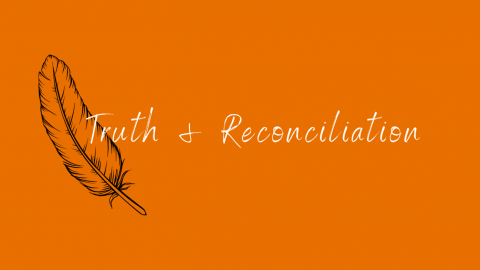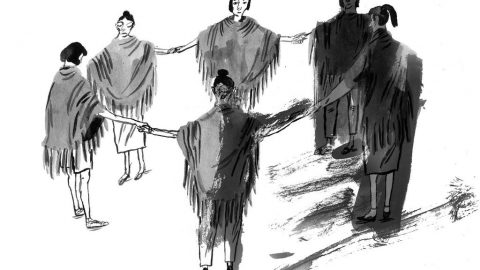COVID AND CANADA’S CONCERN REGARDING VICTIMS OF ECONOMIC ABUSE
Its’ well established COVID-19 has largely contributed to the rise in domestic abuse, globally: that includes Canada. In fact, on the west coast of Canada in Vancouver domestic violence crisis calls have increased 300%. Globalnews.ca, 2-7-20. Though statistics are not yet available for 2021 we do know 2020’s:
“Canada’s Assaulted Women’s Helpline fielded 20,334 calls between Oct. 1 and Dec. 31, 2020, compared to 12,352 over the same period the previous year.”
“Between April 1 and Sept. 30, the centre received 51,299 calls, compared to 24,010 in the same time in 2019.”
There is clearly a rise in domestic violence calls to the crisis hot lines nationwide precipitated by COVID-19.
Not only are we in a Pandemic; given the rising statistics domestic violence and economic abuse seem also to be reaching an epidemic. Where we saw a rise in the first wave of COVID-19, CBC News, 2-15,21 shares the latest concern: the second wave of the Pandemic has significantly increased domestic abuse and “the stress of life in lockdown continues to put victims at risk.”
Knowing these statistics, and as concerned citizens, we should be asking ourselves: How is the Canadian Government addressing these issues? According to a Federal mandate $50 million dollars has been released to aid domestic violence victims amidst COVID-19. Government of Canada, 4-14-21. Another $7.5 million in funding for Kids Help Phone has also been delegated. The Monitor, 4-14-20.
Many believe the release of these funds will have a positive and lasting impact for domestic violence victims long after COVID has ended. How so?
- These additional funds could be used to expand available shelter, increase staffing at shelters and support crisis response and violence prevention programming. The centre also recommends extra privacy and security measures be in place, so women and children are protected when they reach out for help.
By Stressing:
- . . . the importance of ensuring health care professional are trained to support and identify vulnerable people at risk of violence, and that they can properly assess their circumstances and whether quarantine is a safe option.
Community and Social Action is Already Taking Place:
- Local groups are attempting to identify housing alternatives for those fleeing violence, who face huge challenges because many landlords aren’t accepting new tenants anymore. In Winnipeg, some groups are talking with the federal government about acquiring buildings that could be quickly converted into housing for women. The Monitor, 4-14-20.

One thing is for certain. It seems both our citizens and our government stand aligned regarding the need for an increase in funding to assist those victims caught up in domestic violence and economic abuse attendant to COVID-19. In its’ Federal mandate the Canadian Government shares what agencies the new funding will benefit, specifically, and the funding is broken down provincially: https://women-gender-equality.canada.ca/en/funding/supporting-women-children-experiencing-violence-during-covid-19.html#distribution.
On a Provincial level, you may or may not be surprised to learn Ontario Works (an agency we all tend to associate with employment) also provides services that can assist those fleeing domestic violence. See: Ontario Works Publication – Domestic Violence and Ontario Works: What You Should Know (gov.on.ca) As the article states: Ontario Works is not a program solely offering job-related supports rather it also offers financial assistance to victims of domestic violence and economic abuse.
If you are an isolated individual there is always hope and help. Should you be unable to access the internet you can bring up the attached Federal list of crisis lines via your cell phone, a friend or relative’s cell phone. The list is disseminated by the Ending Violence Association of Canada. https://endingviolencecanada.org/getting-help-2/.
Releasing the funds was Step 1. What is next, however, and will the release of these funds have a positive, long term lasting impact for domestic violence victims after COVID-19 has ended? Some feel they will. So, you might formulate your own opinion and gain knowledge about how the positive projected outcomes are derived attached is the link for your review: https://monitormag.ca/articles/long-term-funding-for-domestic-violence-programs-will-have-lasting-impact-beyond-the-pandemic-say-experts
Truly, only time and concrete statistics will tell if the additional funds have had a positive and lasting effect on victims of economic abuse. In the interim, however, hope is an important focus. Particularly given the rigors of COVID-19. Stay safe and don’t be afraid to reach out should you require help even if it needs to, or must be, via a crisis line initially. COVID-19 has taken the wind out of our sails. Hopefully, we will be traversing calmer waters, soon.
For further support check out the Canadian Centre for Women’s Empowerment: https://test.ccfwe.org/.
“I believe in judging people and governments by results, not myths.” – Brian Mulroney.
Social Justice Writer, Corinne Frontiero









